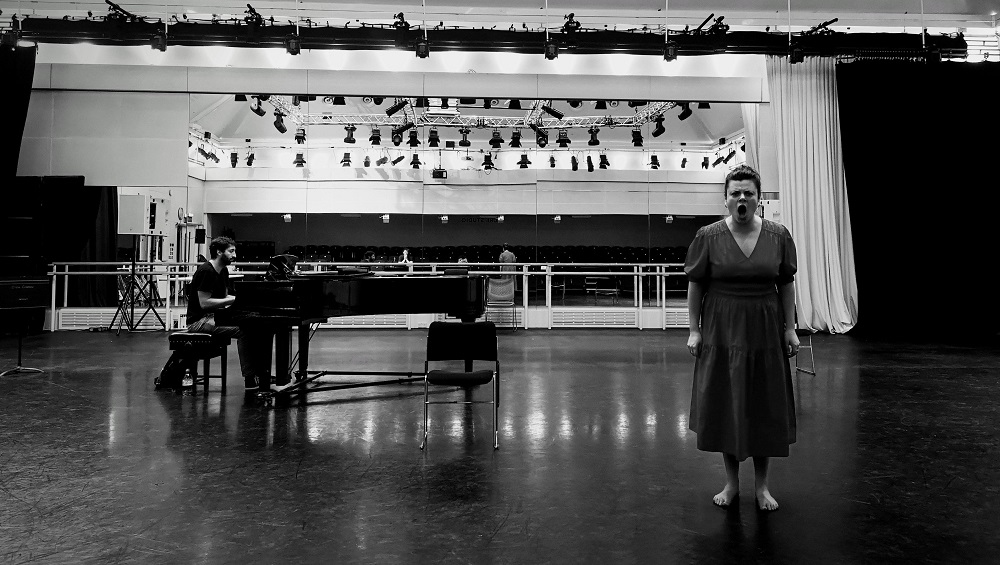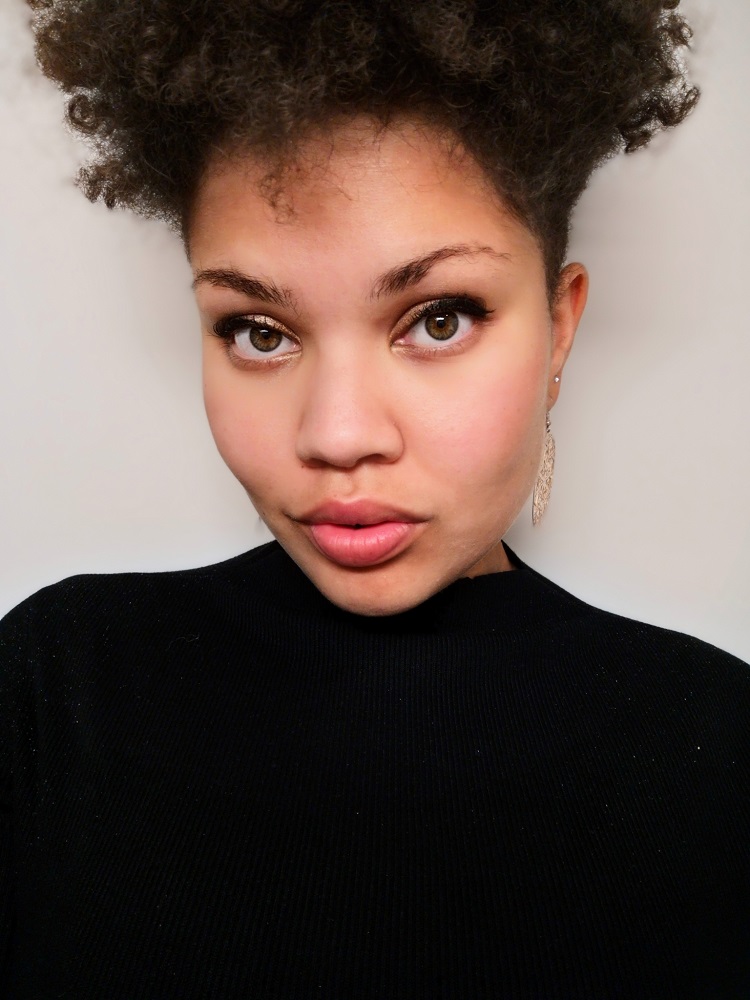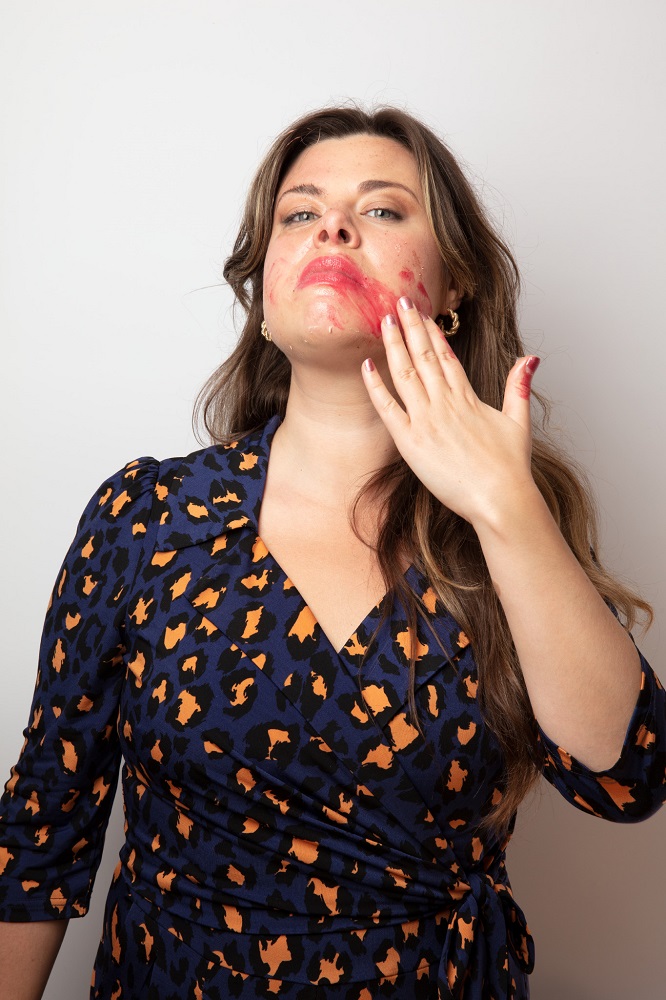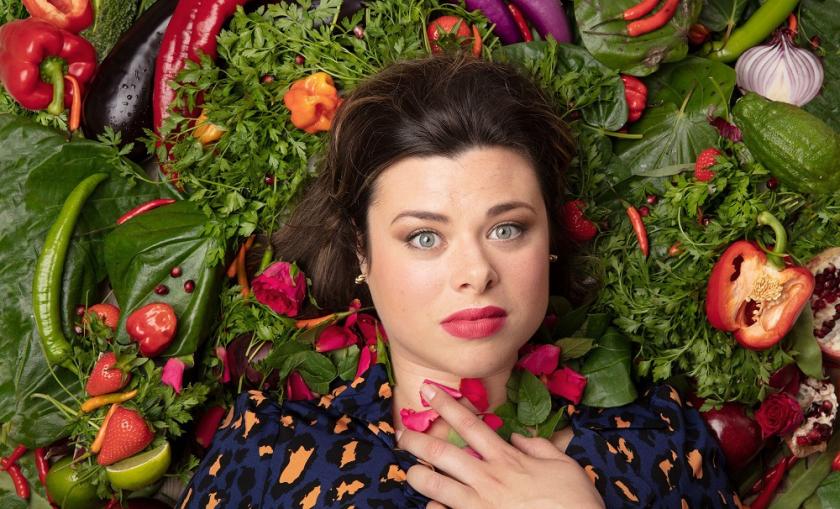“Do you actually speak like that?” was the first thing a senior colleague said to me during my initial week at a prestigious UK opera house. I’ve always had a tricky time understanding who I really am.
As a culture, we are obsessed with class. By fitting criteria, ordering ourselves, relating to a prescribed list, we find our place in the world, supposedly. I would hear people talking about it as a kid and think “what the hell does it all mean?”. Working, middle, upper middle, upper, new money, “oh they have cultural capital but not necessarily economic”. It all felt very confusing, but people seemed to talk about it a lot.
I grew up with music and books in the house. We were taken to opera scenes at the music colleges, rock concerts, jazz bars, the proms, pantos, plays… I also went to my local comprehensive just off London’s North Circular, where 56 languages were spoken, which had twice the national average of kids eligible for free school meals, and went into special measures the year I graduated. It was exceptionally diverse and I loved it. I had no idea that that was not representative of the rest of the country… until I went to university.
I was of the generation that benefited from free music lessons at school (something that has since been drastically and shamefully cut in my borough). I would sing my little heart out to Britney, Maroon 5 and the very best of early 00s pop, but I had this pathological need to fit in at school and had no desire to be involved with classical music. It wasn’t cool. It was cool to go out and drink and smoke and be generally quite disruptive. So I did, and I was. [Pictured below: Wake-Edwards in rehearsal with André Callegaro] Like most lost souls, I found solace in the music department. I found freedom of expression through the guy who taught me jazz singing when I was doing my GCSEs. I received enough validation from my teachers to know this was something I wanted to pursue. Thanks, guys.
Like most lost souls, I found solace in the music department. I found freedom of expression through the guy who taught me jazz singing when I was doing my GCSEs. I received enough validation from my teachers to know this was something I wanted to pursue. Thanks, guys.
I so wanted to understand people. I wanted to know why things were the way they were, why some of my friends who lived on the estate spoke ‘well’, and why some had massive semi-detached houses but didn’t sound posh. So I chose to study Sociology and Social Psychology. To be given the vocabulary to be able to articulate myself properly and understand social stratification was hugely empowering for me. And it was at university that I fell into and in love with performing and, ultimately, opera.
My first few weeks at university were jarring. People kept on mocking my accent and/or asking me where I went to school - as if they’d know my rough comp just off the North Circ. The concept of determining one’s social status or finding common ground, based on the assumption that those who study at ‘elite’ institutions have all been to a small pool of private or public schools was completely alien to me.
I think, as a young adult, I felt a huge sense of identity and pride in the way I spoke, so I chose to buckle down and not assimilate - fervently staying true to my London state school girl roots.
And that brings us very nicely onto the inception of FEAST.
 During my first term of university, I met Simone Ibbett-Brown (writer and director of FEAST, pictured right) and, through our shared experiences and sense of humour, we became fast friends.
During my first term of university, I met Simone Ibbett-Brown (writer and director of FEAST, pictured right) and, through our shared experiences and sense of humour, we became fast friends.
Simone was directing a new show of Don Giovanni in my first term. She cast me as Leporello (or Leporella!) and Cassiopeia Berkeley-Agyepong (FEAST dramaturg) was our last minute Zerlina after a colleague's burst appendix! It was love at first chord. I was hooked. The acting, the orchestra, the collegiality. I had never experienced anything like it.
We have, between us, worked at almost every major house in the UK and multiple international opera houses and theatres. We decided this year that it was time we created something ourselves. Something that spoke to people, like us, who always felt a bit uncomfortable in the classical world, but could equally be enjoyed by a seasoned opera goer.
I have been in multiple situations where one is thrown into a production and the star doesn’t show up until the week before opening. Or, indeed, you meet your cast mate on the stage itself. In these situations it feels so much like a conveyor belt that it sucks a large part of the creativity and enjoyment out of performing. There is no opportunity to truly create when you do not know your colleague to trust them artistically, and we are all just too busy trying to get the moves right AND come in at the right time!
 In an ideal world, we get the best out of each other when there’s a positive, open dialogue, and a shared goal, with the ability to adapt to and learn from each others’ working styles. That’s what we’ve aimed to create with the FEAST team - we’ve all worked with each other in different capacities but this is the first time the avengers have assembled. We’re all taking part because we want to work together, and the result is a show that is a little piece of us all.
In an ideal world, we get the best out of each other when there’s a positive, open dialogue, and a shared goal, with the ability to adapt to and learn from each others’ working styles. That’s what we’ve aimed to create with the FEAST team - we’ve all worked with each other in different capacities but this is the first time the avengers have assembled. We’re all taking part because we want to work together, and the result is a show that is a little piece of us all.
FEAST tells the story of Jess, a woman who has camouflaged herself to fit in with her colleagues in politics, to “better” herself, and ultimately achieve the promotion that will change her life for good.
FEAST challenges our ideas of class, of accents, and the assumptions we make by the way one talks or sounds. It combines spoken text, with jazz, pop, classical art song from Berlioz to Wallen, musical theatre, and movement.
It is the love child of our production team's shared experiences: trying to make yourself more palatable, trying to be who you think people will like more, who people will find more charming or witty or attractive; and ultimately leads us to question - who are we really doing it for?














Add comment